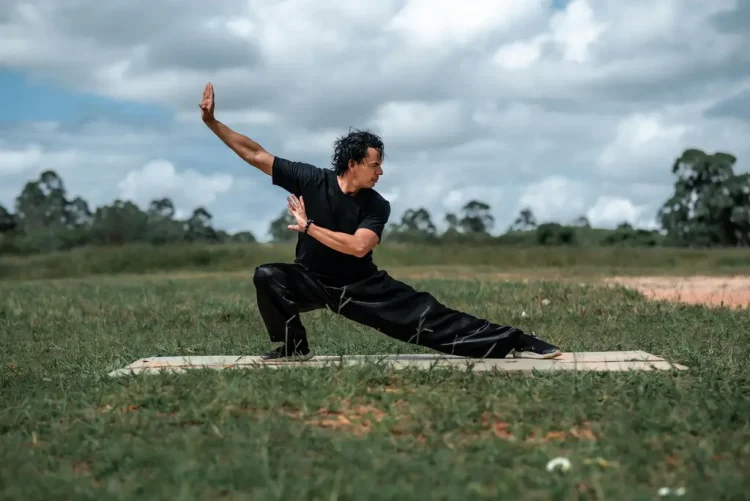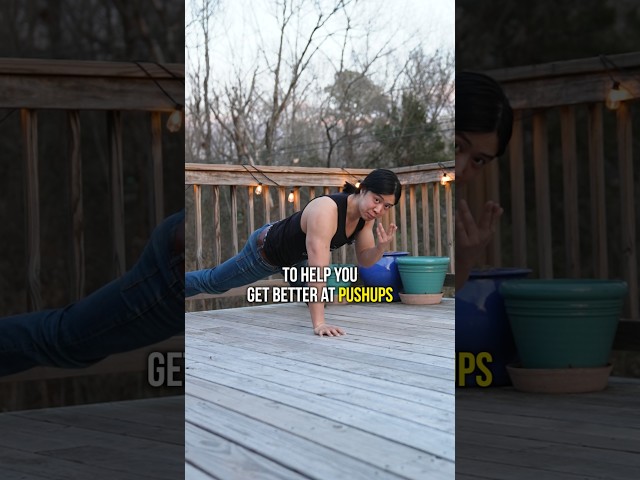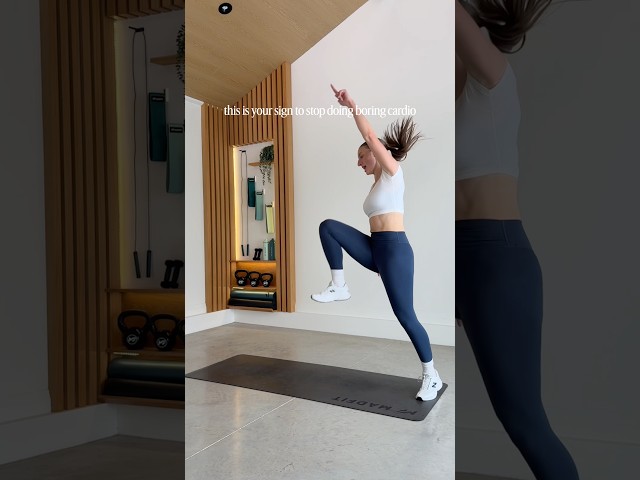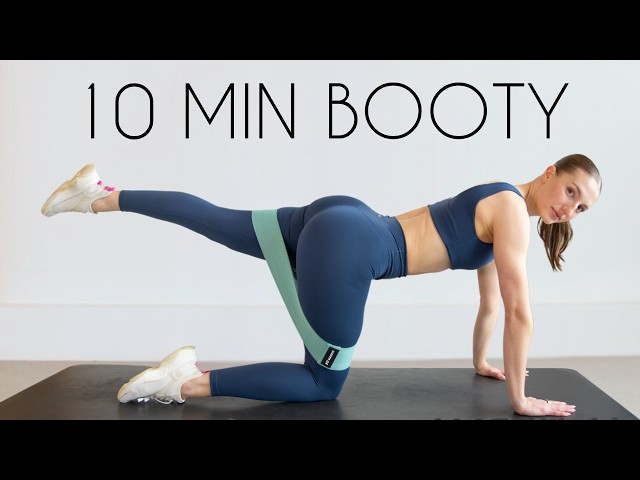In today’s fast-paced world, it’s important to take the time to strengthen both our minds and our bodies. Mind-body exercises provide a holistic approach to fitness, focusing on the connection between our mental and physical well-being. In this article, we will explore three popular mind-body exercises: Tai Chi, Qigong, and Pilates, and how they can benefit both our physical health and mental well-being.
Tai Chi:
Tai Chi is an ancient Chinese martial art that embodies the principles of yin and yang, focusing on balance, flexibility, and harmony. It involves slow, flowing movements and deep breathing, creating a state of meditation in motion. Tai Chi improves cardiovascular health, strengthens muscles, improves balance and coordination, and increases overall flexibility. It has also been shown to reduce stress, anxiety, and depression, promoting a calm and focused mind.
Beginner-Friendly Workout:
Start with a basic warm-up, such as gentle neck and shoulder rolls, and deep breathing exercises. Learn the Tai Chi “silk reeling” exercise, a foundational movement that involves slow, continuous arm circles while shifting your weight from side to side. Practice the Tai Chi “single whip” posture, focusing on maintaining balance and fluidity as you extend your arms and twist your torso. Finish with a cool-down consisting of slow, deep breaths and gentle stretching. Benefits: Improves balance, flexibility, and coordination. Enhances cardiovascular health and muscle strength. Reduces stress, anxiety, and depression. Promotes mental clarity and emotional well-being.
Qigong:
Similar to Tai Chi, Qigong is a practice that combines movement, meditation, and breath control. It originated in China thousands of years ago and is based on the principles of Traditional Chinese Medicine. Qigong exercises involve gentle movements, stretching, and deep breathing to cultivate and balance the body’s vital energy, or qi. The practice of Qigong can improve physical fitness, enhance mental clarity, reduce stress, and boost the immune system. It is often used as a complementary therapy for various health conditions.
Beginner-Friendly Workout:
Start with a mindful breathing exercise, inhaling deeply through your nose and exhaling slowly through your mouth. Practice the “Eight Brocades” Qigong routine, a series of eight gentle movements designed to stimulate the flow of qi throughout the body. Focus on each movement, coordinating it with your breath and maintaining a relaxed posture. Conclude with a brief meditation, focusing on your breath and cultivating a sense of inner calm. Benefits: Boosts physical fitness and vitality. Strengthens the immune system and promotes healing. Reduces chronic pain and enhances overall well-being. Improves mental clarity and emotional balance.
Pilates:
Pilates is a mind-body exercise system developed by Joseph Pilates in the early 20th century. It focuses on core strength, flexibility, and body awareness. Pilates exercises are performed with precision and control, using breath and concentration to enhance the mind-body connection. Pilates can improve posture, increase muscle tone and strength, enhance flexibility, and improve overall body alignment. It is also known to reduce back pain, improve spinal health, and promote relaxation and stress relief.
Beginner-Friendly Workout:
Begin with a Pilates mat routine focusing on core stabilization exercises, such as the “Pilates Hundred” and “Leg Circles.” Progress to basic Pilates movements, such as the “Roll-Up” and “Bridge,” emphasizing proper alignment and controlled breathing. Incorporate props like resistance bands or Pilates balls to add variety and challenge to your workout. Conclude with a series of stretches to lengthen and relax your muscles. Benefits: Develops core strength, flexibility, and body awareness. Improves posture, balance, and coordination. Reduces back pain and enhances spinal health. Promotes relaxation, stress relief, and mental focus.
Whether you choose Tai Chi, Qigong, or Pilates, incorporating mind-body exercises into your fitness routine can provide numerous benefits for both your physical and mental well-being. These practices not only strengthen and stretch your body but also cultivate mindfulness, reduce stress, and promote a sense of inner peace. So, why not give one of these mind-body exercises a try and experience the transformative power of integrating your mind and body?











Discussion about this post